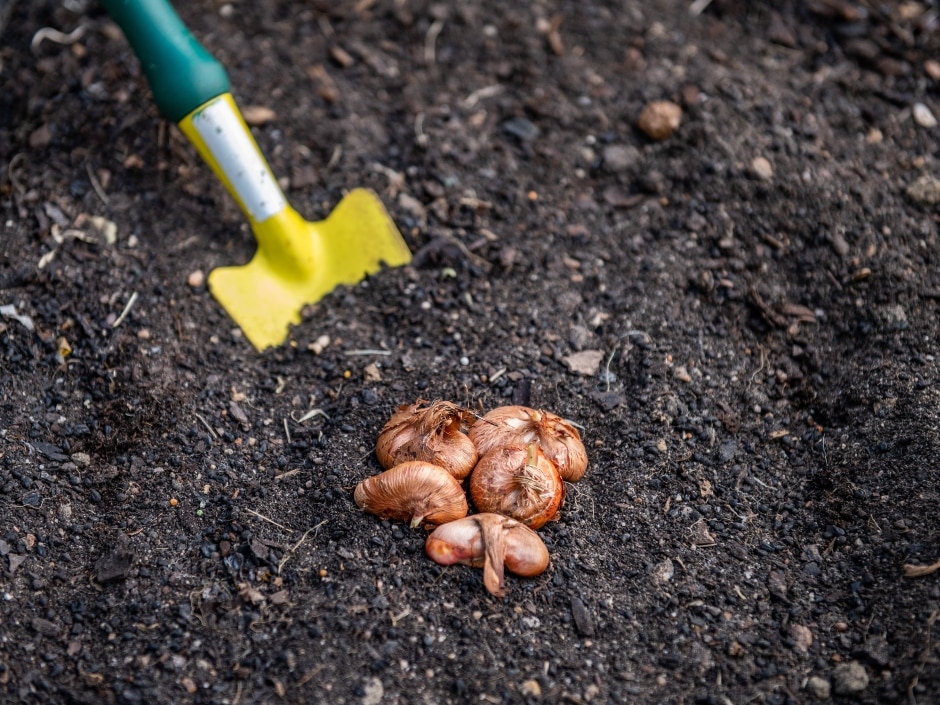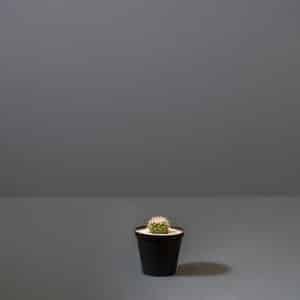Time to get Spring bulbs in the ground
DIY and how-to

Time to get Spring bulbs in the ground
April means cool nights, lower soil temperatures and shorter days – the ideal conditions for growing spring-flowering bulbs. We have a wide range of both exotic and indigenous flowering bulbs at our five branches in Bellville, Milnerton, Kenilworth, Constantia and Somerset West.
Exotic bulbs (which hail from the Northern Hemisphere) include ranunculus, anemone, hyacinths and tulips. Examples of indigenous bulbs (which hail mainly from the Western Cape) are freesias, ixias, sparaxis, tritonias, babianas, Cape cowslip and chincherinchee.
Here are some tips to get your bulbs off to a good start:
- Choose a sunny area of the garden with well-draining soil. The sun’s strength is less intense during autumn and winter, so your bulbs will need plenty of sunlight to ensure healthy growth.
- Indigenous bulbs grow well in our local sandy soils. Exotics will grow best if you enrich the soil with plenty of compost, or grow them in a pot filled with rich potting soil.
- It is very important to plant bulbs at the correct depth. If they are planted too deep, they won’t come up, and if they are too shallow, the roots will not be able to support the growing plant. Look at the bulb pack for instructions on how deep each specific bulb should be planted. Measure the depth from the base of the bulb to the surface of the soil.
- Water well after planting and apply a mulch of bark chips or compost to keep the soil cool.
- Once the first shoots appear above the ground, feed with bulb food once every two weeks.
You might also like
Shop online
-
- Sale!
SAVOUR EXIGENT 4KG
- Original price was: R788.99.R709.99Current price is: R709.99.
- Add to cart Learn More




